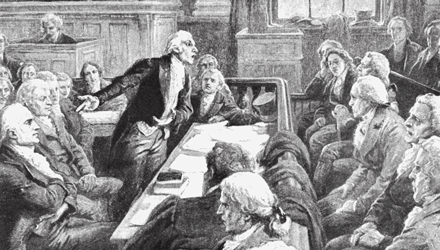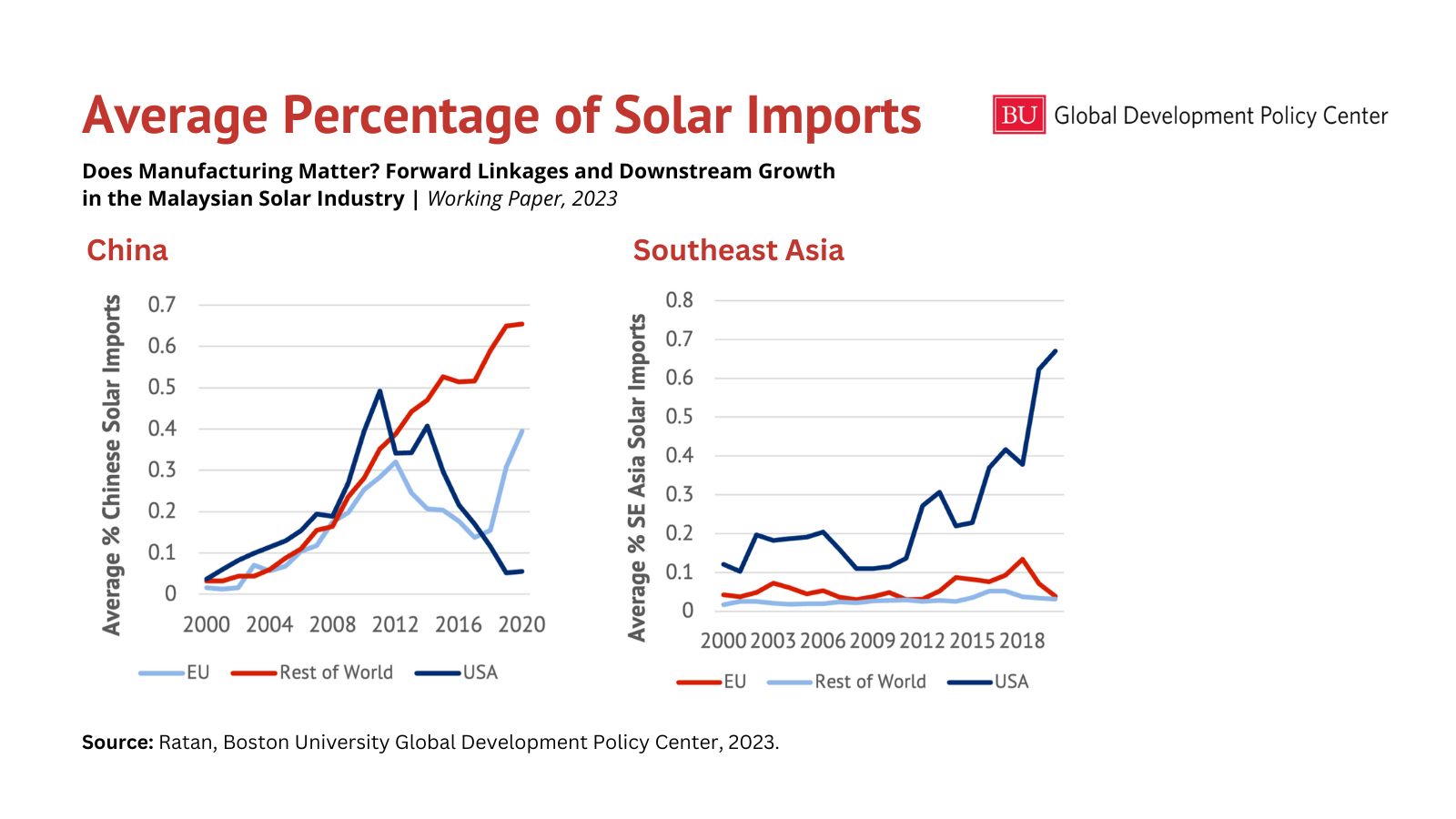Google And The Competition Bureau: A Constitutional Showdown?

Table of Contents
The Competition Bureau's Case Against Google: Anti-Competitive Practices
The Competition Bureau has leveled serious allegations against Google, claiming the tech giant engages in anti-competitive practices that stifle innovation and harm consumers.
Allegations of Market Domination
The Competition Bureau alleges Google holds a dominant market share in several key sectors:
- Search: Google's search engine enjoys an overwhelming market share in Canada, giving it significant control over the flow of information online.
- Advertising: Google's advertising platforms, such as AdWords and AdSense, dominate the online advertising market, potentially allowing Google to leverage its power to unfairly disadvantage competitors.
- Android: The prevalence of the Android operating system on mobile devices gives Google significant control over the mobile app ecosystem, potentially enabling anti-competitive behaviour.
These allegations include:
- Preferential treatment of Google services: The Competition Bureau suggests Google prioritizes its own services (e.g., Google Maps, Google Shopping) within its search results, disadvantaging competitors.
- Exclusionary practices: Allegations exist that Google engages in practices that limit the ability of competitors to access essential resources or markets.
- Data collection concerns: The vast amount of data collected by Google raises concerns about potential misuse of this information for anti-competitive purposes. [Link to relevant Competition Bureau document] [Link to news article]
Legal Framework and Precedents
The Competition Bureau's actions are based primarily on the Competition Act, Canada's primary legislation governing anti-competitive behavior. This act prohibits practices that substantially lessen competition, including price-fixing, bid-rigging, and abuse of dominance.
- Key Legislation: The Competition Act provides the legal framework for investigating and prosecuting anti-competitive conduct.
- Past Cases: The Competition Bureau has successfully pursued cases against other large corporations in the past, setting precedents for how such cases are handled. [Link to relevant case law]
- Potential Penalties: If found guilty, Google could face significant fines, structural remedies (such as divestiture), and other penalties.
Google's Defence: Constitutional Rights and Due Process
Google has vigorously defended itself against the Competition Bureau’s allegations, arguing that the Bureau's actions infringe upon its constitutional rights and represent unwarranted government overreach.
Arguments Against Government Overreach
Google's defense strategy centers on challenging the scope and legitimacy of the Competition Bureau's actions:
- Freedom of Expression: Google argues that its actions are protected under freedom of expression guarantees in the Canadian Charter of Rights and Freedoms. They contend that regulating their search algorithms infringes upon their ability to disseminate information.
- Property Rights: Google may argue that the Bureau's demands infringe upon its property rights, particularly regarding its intellectual property and algorithms.
- Due Process: Google will likely contend that the Competition Bureau's investigation and potential enforcement actions violate its right to due process and fair treatment under the law.
Challenges to Regulatory Power
Google may challenge the very authority of the Competition Bureau, raising constitutional questions about the federal government's power to regulate the digital economy.
- Division of Powers: Arguments might center on the division of powers between the federal and provincial governments, questioning whether the federal government has the exclusive jurisdiction to regulate aspects of the digital economy.
- Legal Challenges: Google may initiate legal challenges to contest the Bureau’s findings and actions in court. [Link to any filed legal challenges].
The Constitutional Implications: Balancing Innovation and Competition
The conflict between Google and the Competition Bureau presents a crucial challenge: how to balance the need to foster competition and protect consumer interests with the protection of fundamental rights, especially in the rapidly evolving digital landscape.
Interpreting Charter Rights in the Digital Age
The Canadian Charter of Rights and Freedoms was not written with the modern digital economy in mind. This case will require courts to grapple with how Charter rights apply to powerful tech companies and their online activities.
- Balancing Competing Interests: The courts must balance the potential benefits of increased competition with the potential infringement on fundamental rights.
- Expert Opinions: Legal scholars specializing in constitutional law and antitrust are closely watching this case, offering crucial insights into the legal and constitutional implications. [Link to relevant expert opinions]
Setting a Precedent for Future Tech Regulation
The outcome of this case will significantly impact future regulation of technology companies in Canada and potentially beyond.
- Government-Corporation Power Balance: The decision will reshape the balance of power between governments and powerful tech corporations, influencing future regulatory efforts.
- Impact on Innovation: The outcome will have implications for innovation and economic growth, as overly aggressive regulation might stifle innovation while insufficient regulation could allow anti-competitive practices to flourish.
Conclusion: The Future of Google and Competition Regulation in Canada
The dispute between Google and the Competition Bureau highlights the complex challenges of regulating powerful tech companies in a way that promotes competition without unduly infringing on constitutional rights. The case raises crucial questions about the appropriate balance between government oversight and the protection of fundamental freedoms in the digital age. The potential constitutional implications are profound, and the outcome will likely set a precedent for future tech regulation in Canada and internationally. Stay tuned for further developments in this landmark case, as the clash between Google and the Competition Bureau continues to shape the future of tech regulation in Canada and the protection of consumer interests.

Featured Posts
-
 Southeast Asian Solar Imports Face Steep Us Tariffs A 3 521 Duty
May 30, 2025
Southeast Asian Solar Imports Face Steep Us Tariffs A 3 521 Duty
May 30, 2025 -
 Us Imposes Visa Curbs Over Social Media Censorship Concerns
May 30, 2025
Us Imposes Visa Curbs Over Social Media Censorship Concerns
May 30, 2025 -
 Why Was The White Tiger Reveal Cut From Daredevil Born Again Episode 4
May 30, 2025
Why Was The White Tiger Reveal Cut From Daredevil Born Again Episode 4
May 30, 2025 -
 Taylor Swift Ticket Sales Ticketmasters New Line Position System
May 30, 2025
Taylor Swift Ticket Sales Ticketmasters New Line Position System
May 30, 2025 -
 Poy Na Deite Tis Tileoptikes Metadoseis Toy Pasxa 2024 E Thessalia Gr
May 30, 2025
Poy Na Deite Tis Tileoptikes Metadoseis Toy Pasxa 2024 E Thessalia Gr
May 30, 2025
